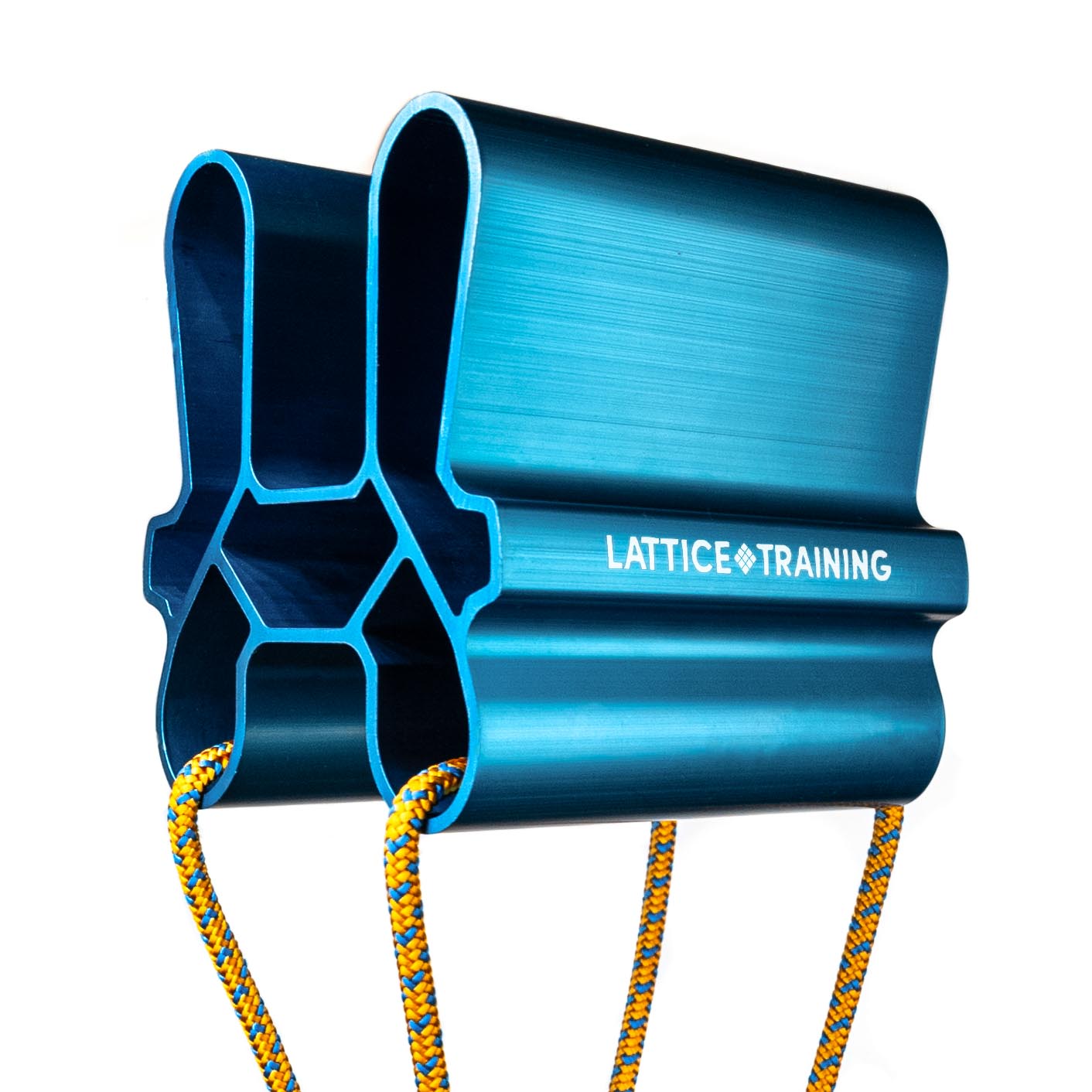Burnout: Listen to Your Body & Adapt
Often athletes feel that, once they have started a training phase, they must complete every workout to the letter, to miss one would be a failure! But this is a sure fire way to get training burnout.
Whilst the dedicated mindset behind this approach has obvious value, in the wrong circumstances, it can become destructive.
Bumps in the road
No matter how specific and well-planned your training is, you can never account for every bump in the road that you come across. That could be injury, illness, work stress, mental illness or any number of other factors. Psychological factors especially get dismissed in favour of the ‘no pain, no gain’ mentality that is so prevalent in gym culture.
Being mindful of the signals your body is giving you is the key to successful and sustainable training.
The Dangers of Powering On
Ignoring the signs from our mind and body can be negative in a few ways:
- You may become more susceptible to injury by pushing too hard, training tired/fatigued or not letting your body recover between sessions.
- You’ll be more susceptible to burnout: completely running out of steam and not being able to complete your training plan, rather than just taking it easy when needed every now-and-then
- If training becomes a source of stress and exhaustion, this may impact other areas of your life. Stress isn’t good for the body or the mind, and there’s potential for it to affect work, self-care, interpersonal relationships, etc.
- You might come to hate climbing! Worst case scenario! Obviously we need to power through sometimes to see the gains, but if you push too hard for too long, you risk losing the love for the sport.
Signs that you might need to adapt your training to avoid burnout
Here’s a few common signs that you might need adapt your training:
- A trend of decreased performance and an inability to push yourself in training
- Consistently waking up more tired than normal, lacking energy & motivation
- Difficulty relaxing & reduced sleep quality
- Increased resting heart rate and heart rate variability
- Weight loss and a reduced appetite
If you’re regularly checking in with yourself, it’s easy to see these signs and back-off before it becomes an issue; an extra rest day and you’re back-on-track.
Don’t be scared to drop some training, the best plan is one that is adaptable to changing circumstances. Problems arise when we ignore the signals and push on, which may require a more serious intervention for a proper recovery down the line.

How do you know when you’re pushing too hard? How do you avoid training burnout?
Let us know in the comments below!






